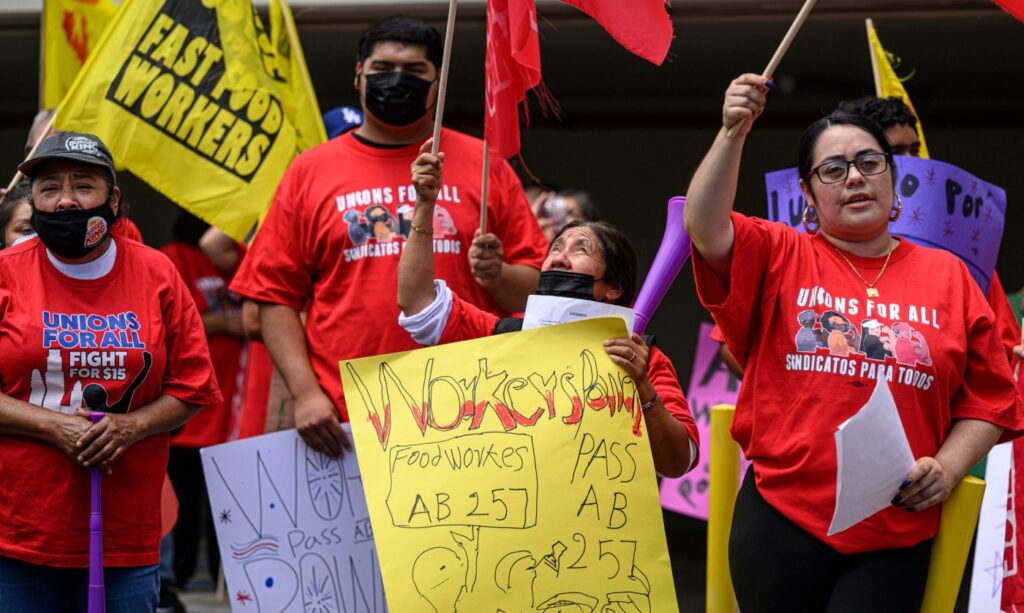
Get ready for your favorite burgers and tacos to cost more. A compromise reached between the Democratic majorities in the California Assembly and Senate and the fast-food industry will push the minimum wage at such restaurants to $20 next April. California’s current minimum wage for them and most workers is $15.50 and is scheduled to rise in January to $16. About 500,000 workers dish fast food in California.
Assembly Bill 1228, by Assemblymember Chris Holden, D-Pasadena, also establishes a new state bureaucracy, the Fast Food Council, to regulate the industry. The council can, beginning in 2025, jump the minimum wage by 3.5% a year or the increase in the U.S. Consumer Price Index, whichever is less.
The new bill took a convoluted path of the type now common. In 2022, the Legislature passed Assembly Bill 257, also by Holden. It imposed a $22 minimum wage and gave even more regulatory powers to the council than are in AB 1228. Then in January a fast-food coalition, Save Local Restaurants, qualified for the Nov. 5, 2024 ballot an initiative to repeal AB 257, putting it on hold.
Then the Service Employees International Union and other unions, the main forces behind AB 257, qualified for the same ballot an initiative to “uphold the contested legislation.” Dueling initiatives are decided by which one gets the most votes. The fast food industry and the unions were prepared to spend tens of millions of dollars on each side of a mega food fight. Until this month’s compromise.
This is no way to help people. Markets based on consumer demand, not legislation and initiatives, should set wages. The controversy itself makes it more difficult, especially for locally owned mom-and-pop franchises, properly to run their businesses by increasing uncertainty. They have to contend with the myriad federal, state and local regulations imposed on them.
The SEIU said a higher minimum wage was needed “to help communities across the state address the rising cost of living.” But this and the other bills and regulations supported by unions are the main reasons why everything costs so much. Too much.
California, once again, shows the country how not to govern and how not to help people.
